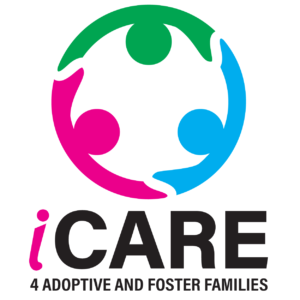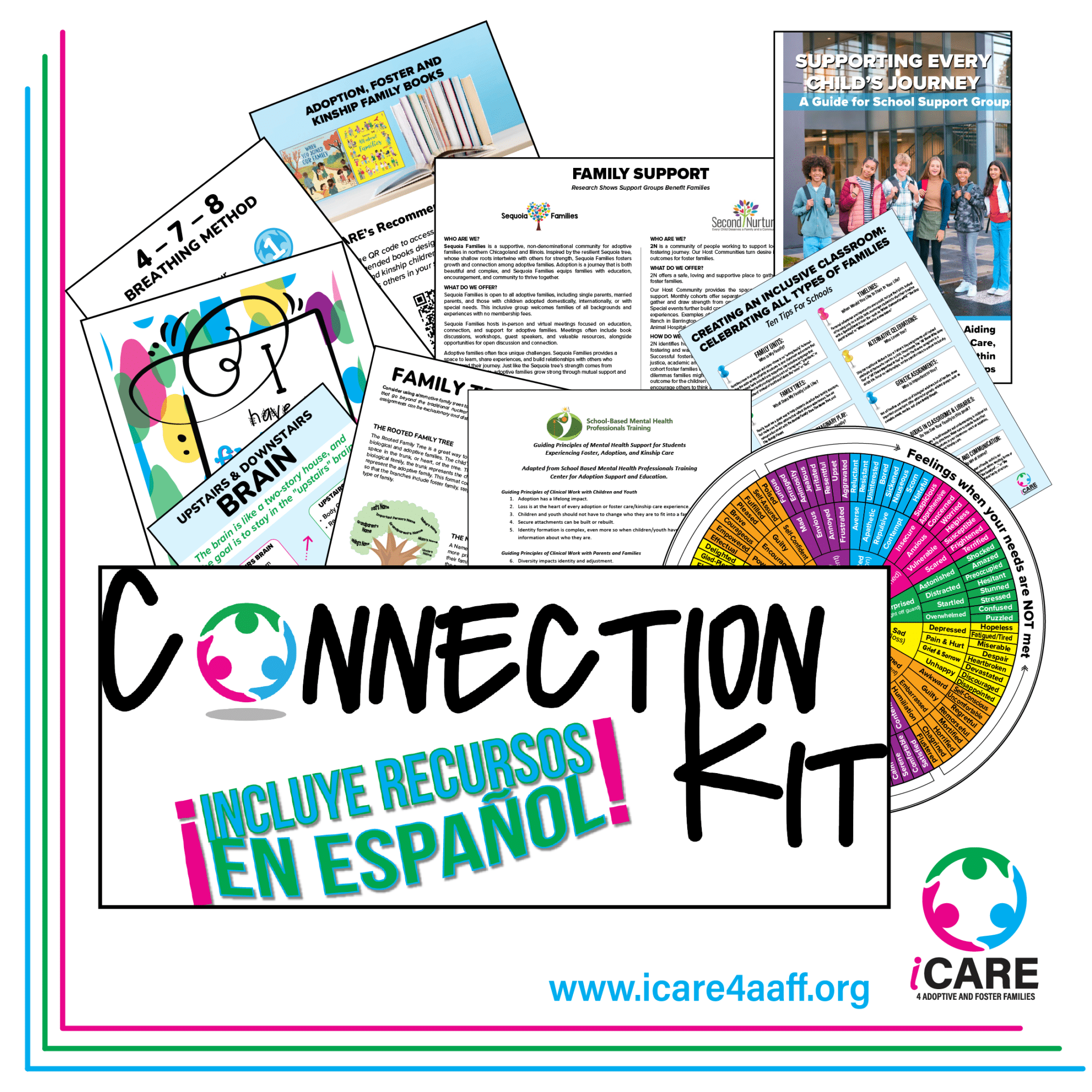The Critical Role of Partnership: Stop Giving Trauma All the Power
Collaborating with Parents and Caregivers to Foster Resilience
In the world of adoptive, foster, and kinship care, the power of partnership cannot be overstated. Caregivers, parents, and professionals play different roles in support of children, but when they work together, they can create a supportive and nurturing environment that helps children overcome the challenges of trauma and foster resilience.
Understanding the Impact of Trauma
Trauma can have a profound and lasting impact on children’s development. It can lead to a range of emotional and behavioral difficulties, including anxiety, depression, aggression, and difficulty forming healthy relationships. When children experience trauma, it’s essential to provide them with the support and resources they need to heal and grow.

The Power of Partnership
A strong partnership between caregivers, parents, and professionals can make a significant difference in the lives of children who have experienced trauma. Here are some of the key benefits of collaboration:
- Shared Understanding: When caregivers, parents, and professionals work together, they can develop a shared understanding of the child’s needs and experiences. This can help ensure that everyone is on the same page and provide consistent support.
- Increased Support: A strong partnership can provide children with a broader network of support. When caregivers, parents, and professionals work together, they can offer a variety of resources and services to help children heal and thrive.
- Improved Communication: Open and honest communication is essential for building strong relationships. When caregivers, parents, and professionals work together from a foundation of trust and empathy, they can develop effective communication strategies that help everyone feel heard and valued.
- Enhanced Resilience: By providing a collaborative, supportive and nurturing environment, caregivers, parents, and professionals can help children develop resilience. They model that all systems of support are valued and give hope to the child. Resilience is the ability to bounce back from adversity and thrive.
Tips for Building Strong Partnerships
- Open Communication: Create a safe and supportive environment where everyone feels comfortable expressing their thoughts and feelings.
- Active Listening: Make sure that everyone feels heard and valued. Pay attention to what others are saying, and show that you understand their perspective.
- Respect for Differences: Acknowledge and appreciate the unique perspectives and experiences of everyone involved.
- Shared Goals: Work together to develop shared goals for the child’s well-being and future success.
- Continuous Learning: Stay informed about the latest research and best practices in the field of trauma-informed care.
By working together, caregivers, parents, and professionals can help children overcome the challenges of trauma and build a brighter future. Remember, you are not alone. There are many resources available to support you on this journey. Organizations like ours can provide guidance, support, and information to help you and your child thrive.

